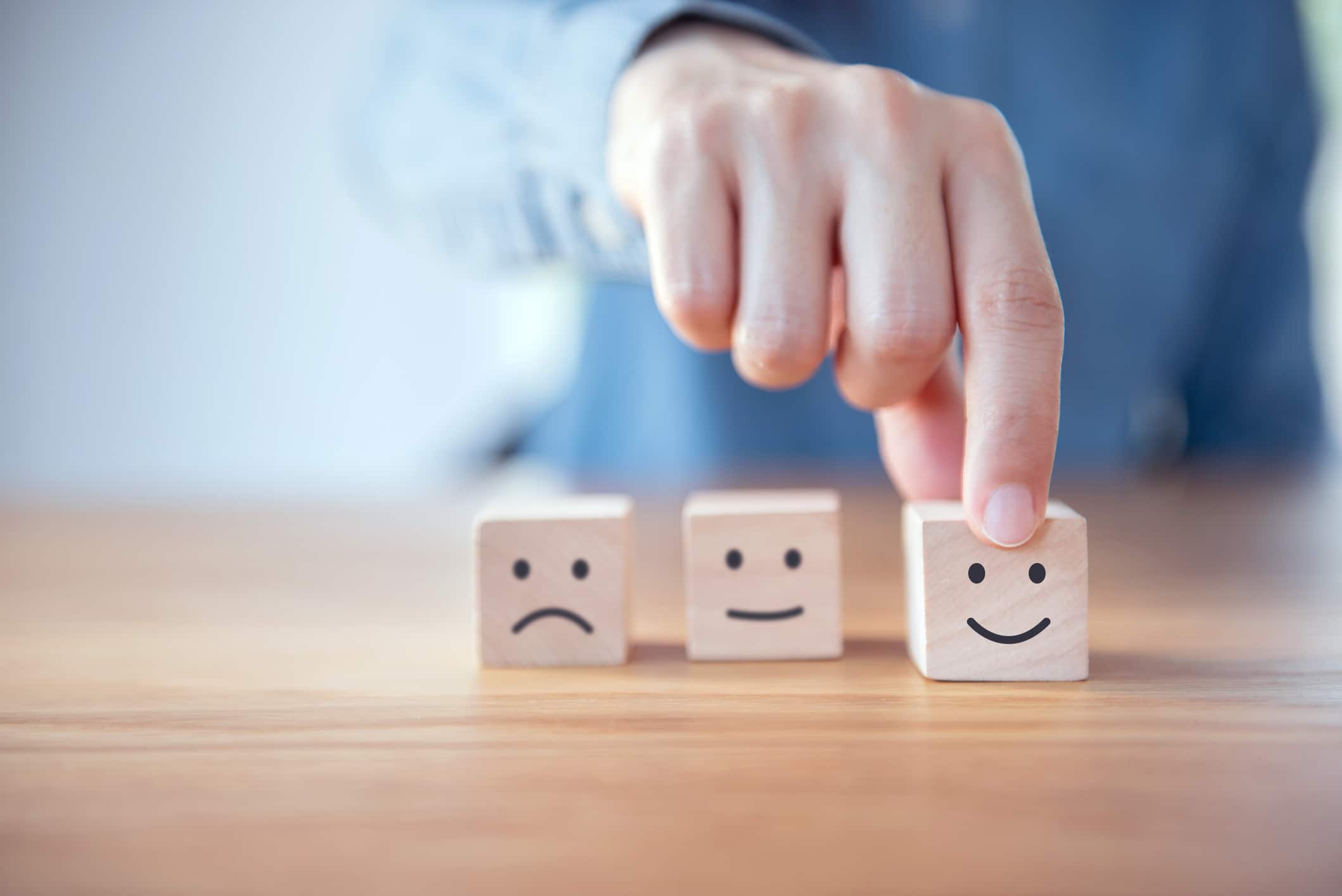
If you’ve felt stressed the past year, you’re not alone. Stress can occur in anyone, but amid a pandemic, stress can be heightened. Poorly managed stress can take a mental, emotional and even physical toll on your body. Some symptoms to take note of when you feel your stress level rising are:
Physically
- Headache or back pain
- Stomach complications
- A rise in blood pressure and/or heart rate (palpitations)
Emotionally
- Feeling sad, frustrated or a sense of helplessness
- Feeling depressed or anxious can also be attributed to stress
Everyone experiences stress differently, so there is not a one-for-all solution to reducing and managing stressful moments. Below are some tips to reference to center yourself the next time you are stressed.
Practice mindfulness
Mindfulness is a type of meditation where you focus on being intensely aware of where and what you’re doing at that moment. Feeling all that you sense in the moment without judgment.
Journal
You can write what/how you’re feeling to help identify the trigger. There are plenty of prompts online to help get you started.
Meditation
Just as quick as stressful moments can surprise you, your surroundings at that moment may require a relief just as quick. There are many variations of meditation but a quick way to reduce stress is by taking deep breaths. Inhaling deeply for five seconds as your belly swells with air. Then exhale slowly for seven seconds while relaxing your shoulders and other tense muscles. Repeat these steps as necessary. For longer meditation, incorporate these steps while performing yoga.
Adjust your diet
Stress eating can lead to overeating due to the hormonal response of ghrelin, a “hunger hormone,” that is released that triggers the taste for “comfort food.” Be mindful of stress eating triggers and combat the urge by indulging in a healthy snack alternative.
When done safely, there many benefits to sunbathing including a boost to your serotonin. Serotonin is the mood-stabilizing hormone that impacts your entire body. More resources on the benefits of Vitamin D are available.
Take a digital detox
Take some time to disconnect completely from electronic devices. You can set your own time period for how long the detox will last, whether it is a full 24 hours or just a few hours out of the day.
If nothing seems to alleviate your stress or it’s severely impacting your health, consider speaking to your doctor or contacting UofL Health – Peace Hospital. Peace Hospital has an Assessment and Referral Center that offers a no-charge assessment. You can also contact the 24-hour crisis and information center line at 502-589-4313 or 800-221-0446.









